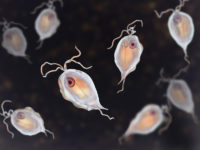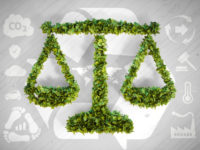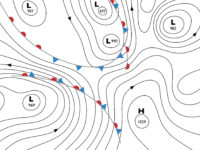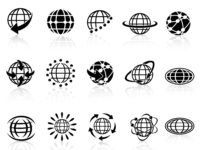What is Parasitology? One of the biggest threats to human health today in the developed and the developing world are parasites. Parasitical relationships differ from other areas of ecology in that they not only depend on another species to survive but in the process of doing so, they cause harm to the host. Where there…
Read more
Guide to Parasitology










